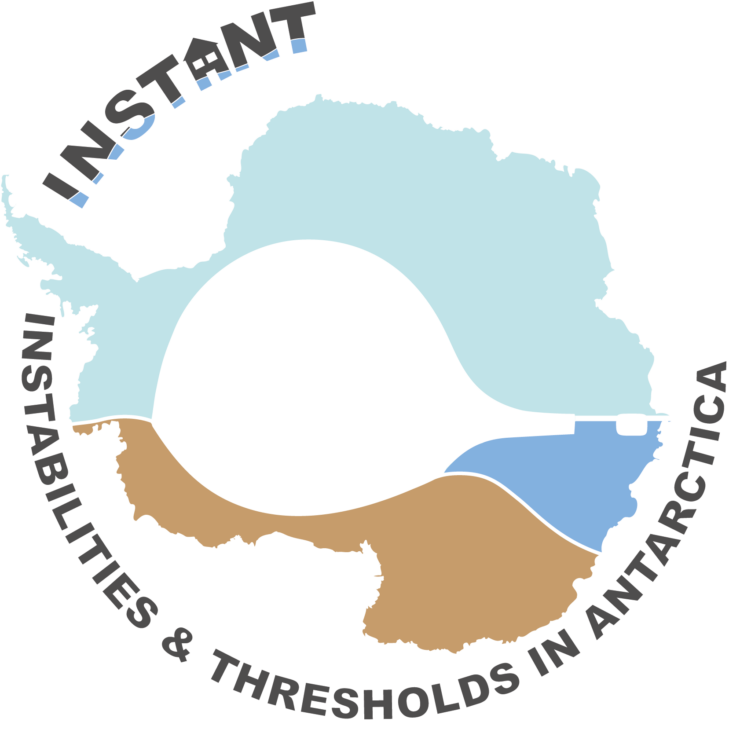Scientists have used octopus DNA to discover that the West Antarctic Ice Sheet (WAIS) likely collapsed during the Last Interglacial period around 125,000 years ago – when global temperatures were similar to today.
This provides the first empirical evidence that the tipping point of this ice sheet could be reached even under the Paris Agreement targets of limiting warming to 1.5 – 2oC.
The study in the journal Science was led by Professor Jan Strugnell, Chief Investigator, and Dr Sally Lau, Postdoctoral Research Fellow, from ARC Securing Antarctica’s Environmental Future at James Cook University in collaboration with an international team of biological and geological scientists.
Professor Strugnell said the team’s research solves a long-running mystery that has puzzled scientists about whether the WAIS collapsed during the Last Interglacial period.
“This was the last time global average temperatures were up to 1.5oC warmer than preindustrial levels, and global sea level was 5 to 10 metres higher than today,” said Professor Strugnell.
“What makes the WAIS important is that it is currently melting at an accelerating rate and could become the biggest contributor to global sea level rise. A complete collapse could raise global sea levels by somewhere between 3 and 5 metres.”
“Understanding how the WAIS was configured in the recent past when global temperatures were similar to today, will help us improve future sea level rise projections.”
Dr Lau said that population genetics offered an exciting and novel approach to answering this question.
The team compared the genetic profiles of Turquet’s octopus found in the Weddell, Amundsen and Ross seas and found genetic connectivity dating back to the Last Interglacial.

 “Antarctica is currently the largest uncertainty we face when understanding the impacts and risks of sea-level rise to the two billion people who live on the world’s coastlines”, said Professor Tim Naish, co-chief of the INSTANT Programme and a co-author of this new study.
“Antarctica is currently the largest uncertainty we face when understanding the impacts and risks of sea-level rise to the two billion people who live on the world’s coastlines”, said Professor Tim Naish, co-chief of the INSTANT Programme and a co-author of this new study.